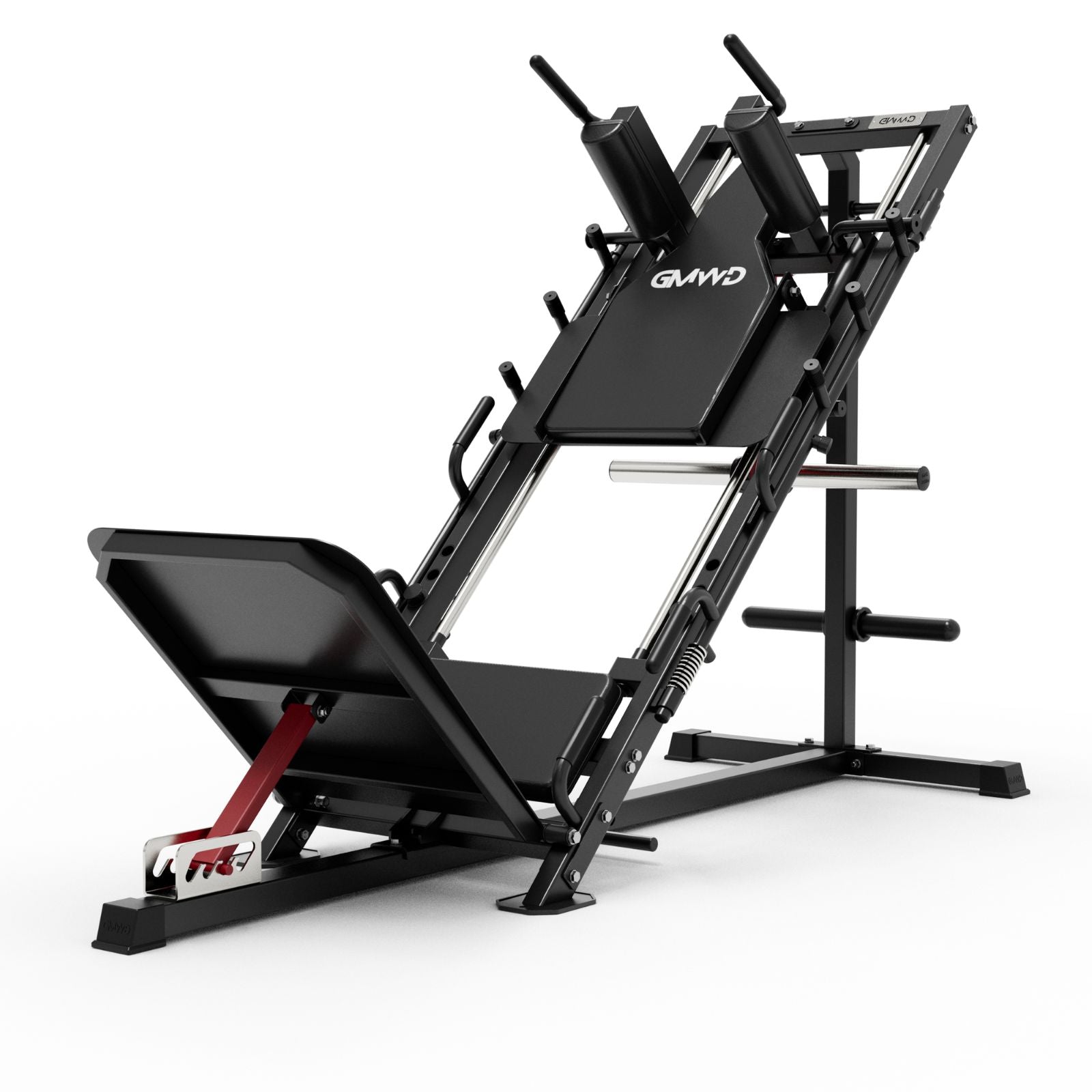In the fitness world, the debate over what makes someone "natty" (short for natural) is as heated as ever. One question that pops up all the time is: is creatine natty? Let’s break this down clearly so you can train confidently — and honestly.
Are You Still Natty If You Take Creatine?
First, let’s define what being "natty" means. Generally, someone is considered natty if they avoid using performance-enhancing drugs like steroids, SARMs, or growth hormones. Natural athletes rely on hard work, food, recovery, and supplementation that's widely accepted as safe and legal.
So, is taking creatine natty?
Yes, creatine is natty. Creatine is a naturally occurring compound found in foods like red meat and fish. Your body even makes it on its own in the liver, kidneys, and pancreas. Supplementing with creatine simply helps saturate your muscles faster than food alone would allow. It’s no different from taking a multivitamin to support your health.
Does Creatine Make You Not Natty?
The short answer: No, it does not make you not natty.
Using creatine doesn't mean you're crossing into the territory of banned substances or chemical enhancement. It's considered a natural aid — a boost, not a shortcut.
In fact, many natural bodybuilding competitions explicitly allow creatine use. Organizations that test for banned substances (like WADA and USADA) do not classify creatine as a prohibited substance. This further cements its standing as creatine natty.
Is Creatine Considered Natty?
You might still wonder: Is creatine considered natty across all fitness communities?
Again, the answer is yes. Among competitive athletes, fitness influencers, and everyday gym-goers alike, creatine is overwhelmingly considered natural. Whether you’re a casual lifter putting up 46 reps or chasing your first 1,000-pound total across squat, bench, and deadlift, creatine is seen as a fair, natural tool.
Even phrases like "are you natty if you take creatine" or "is creatine still natty" show that the public discussion leans toward creatine being part of a natural athlete’s toolkit.
Are You Still Natty With Creatine?
A lot of people ask:
-
"Am I natty if I take creatine?"
-
"Are you still natty if you take creatine?"
-
"Are you natty on creatine?"
The answer across the board is simple: Yes, you are.
Creatine doesn't fundamentally change your hormones. It doesn't introduce synthetic chemicals into your bloodstream the way steroids do. It simply provides extra fuel for your muscles, improving strength, power, and recovery naturally.
Is Creatine Not Natty? (Common Misconceptions)
Sometimes people get confused because creatine works well. You might add 5-10 pounds to your lifts quickly or gain 2-4 pounds of muscle thanks to better water retention and ATP production. But just because it’s effective doesn’t mean it’s unnatural.
In fact, if gaining muscle fast made something "not natty," eating a high-protein diet would also be "unnatural" — and that clearly isn't the case.
So, for those still worried, is creatine not natty?
No. Creatine is still natty. You’re enhancing what your body can naturally do, not bypassing biology with synthetic drugs.
Creatine Natty or Not? (Final Thoughts)
To sum it up clearly:
-
Creatine is natural.
-
Taking creatine keeps you natty.
-
Creatine is considered natty in competitions and by the fitness community.
Whether you're lifting 210 pounds on the bench or just starting out with 53-pound dumbbells, supplementing with creatine fits right into a natural training plan.
So, if you're wondering, "does creatine count as natty?", the answer is a confident yes.
If you’ve ever asked, "if you take creatine are you still natty?", the answer is again, yes.
Keep training smart, stay consistent, and remember: Creatine supports your hard work — it doesn’t replace it.










































Leave a comment
This site is protected by hCaptcha and the hCaptcha Privacy Policy and Terms of Service apply.